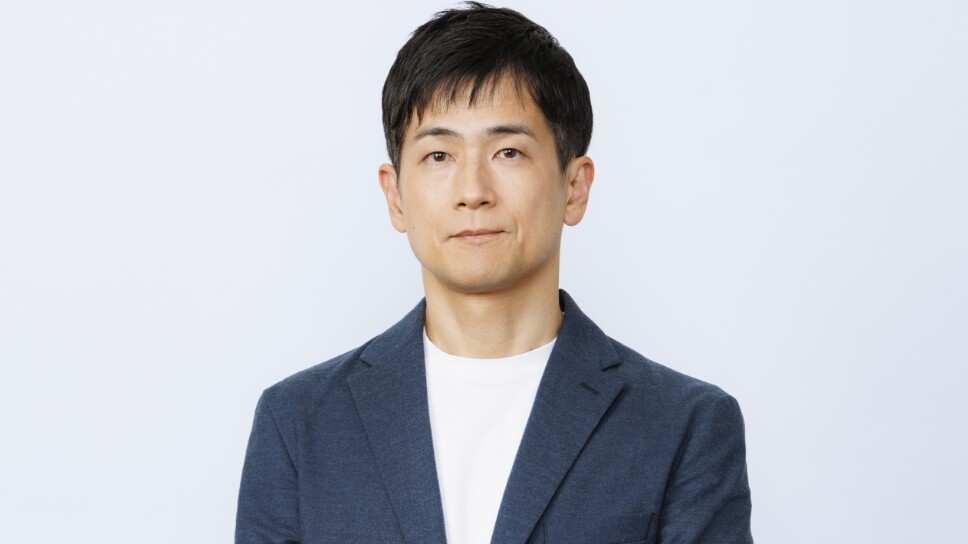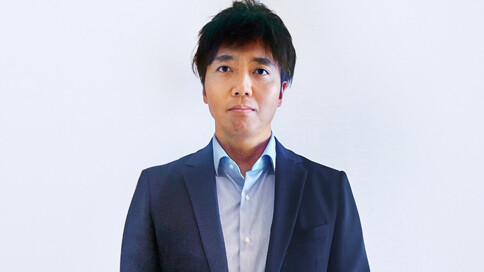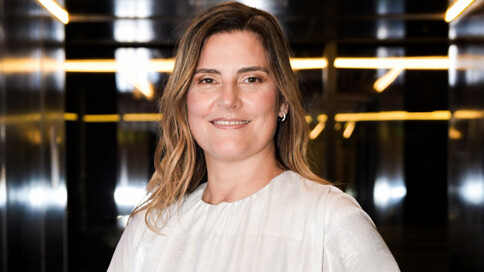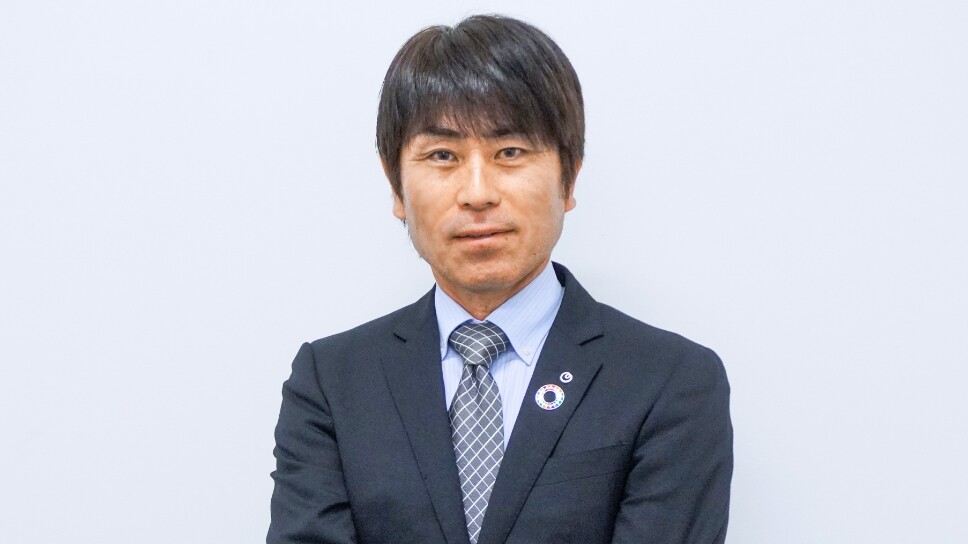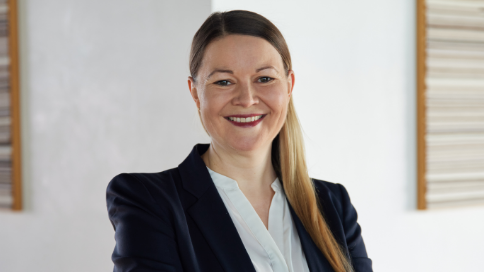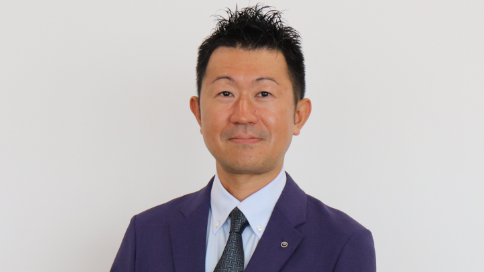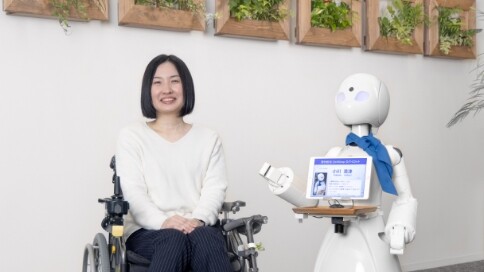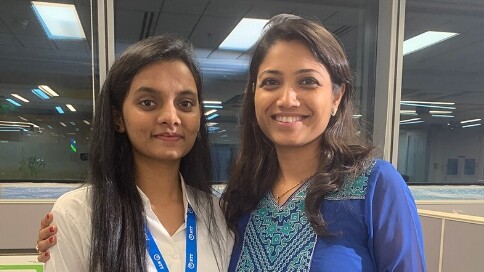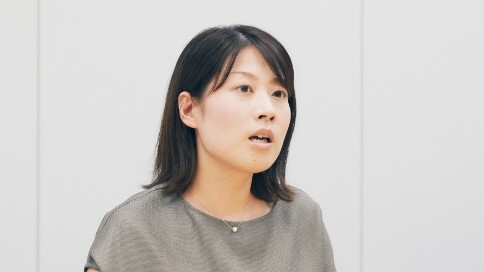Microsoft ends support for Internet Explorer on June 16, 2022.
We recommend using one of the browsers listed below.
- Microsoft Edge(Latest version)
- Mozilla Firefox(Latest version)
- Google Chrome(Latest version)
- Apple Safari(Latest version)
Please contact your browser provider for download and installation instructions.
NTT's Sustainability Efforts
Moving forward with our colleagues A club encouraging women to take a step forward on their own
NTT DOCOMO (At the time of interview)
Maki Saito/Yukako Yamachika/Natsuko Yamada/Kae kanai

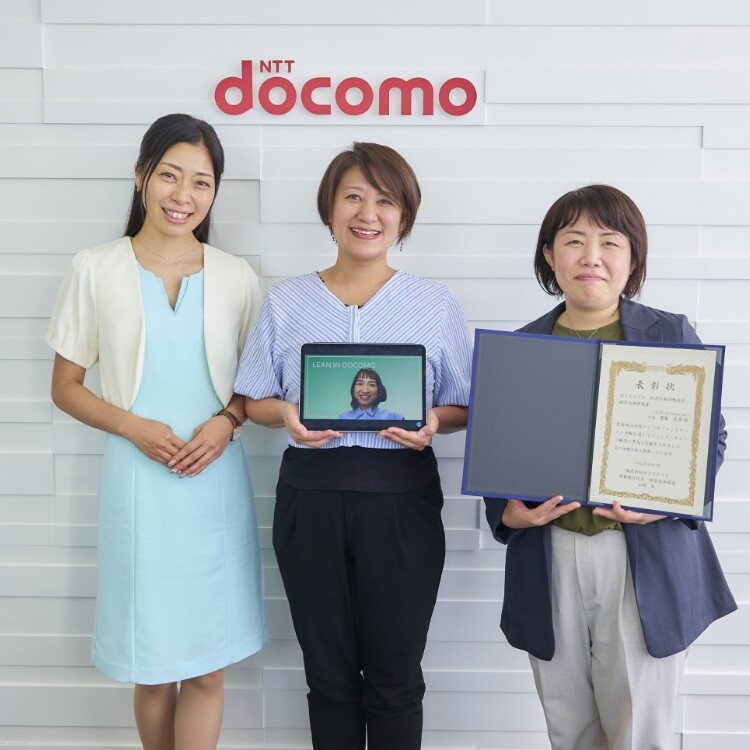
Creating opportunities to "take the first step" from uncertainty
In the Gender Gap Index, which shows the disparity between men and women, Japan ranks 125th among 146 countries (2023 World Economic Forum). Currently, we are quite far from achieving gender equality, which is the fifth goal of the SDGs. The percentage of women in managerial positions at NTT DOCOMO is 11%, and the percentage of women permanent employees is 21% (both statistics are as of August 2022). Despite the fact that the ratio of the male to female population in Japan is almost the same, the reality is that women employees remain a minority. Under such circumstances, LEAN IN DOCOMO is an official NTT DOCOMO workplace club which supports the empowerment of women employees.
The philosophy of LEAN IN, meaning "to take a step forward," was spread worldwide through the book "Lean In: Women, Work, and the Will to Lead" authored by Sheryl Sandberg, Facebook's first female executive, and has inspired the creation of many LEAN IN clubs in Japan and internationally. Maki Saito, a founding member of LEAN IN DOCOMO, had this to say about the club's activities.
"The club was launched on a voluntary basis in 2018, with the mission of 'creating opportunities for women at the NTT DOCOMO Group to take a step forward with confidence, courage, and aspirations". We provide a place for women to take a step forward in their own careers in a way that suits them." (Maki Saito, below as "Ms. Saito")
Ms. Saito says that the club was founded due to feelings of discontent stemming from gender bias. In Ms. Saito's case it was regarding her work style after giving birth.
"After giving birth to my first child, I was caught up in the 'way that mothers work.' Both my partner and I had an unconscious bias that 'the mother should be in charge of raising the child,' and I had to put work on the back burner to focus on raising my child myself. Since I worked shorter hours after having my child, I wasn't entrusted with any challenging work that would give me more experience. While I was grateful that such considerations were made for me immediately after I returned to work, I gradually became discontented because I like my job. I was feeling depressed thinking that the years would go by without being able to engage in work that I found satisfying."
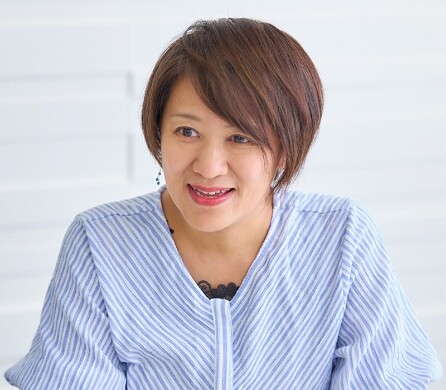
Hoping to take a step forward out of her sense of discontentment, she applied to join the NTT DOCOMO Diversity Promotion Working Group ("WG"). There, she met Yukako Yamachika, and they began to work on LEAN IN DOCOMO.
"We held a lunch meeting to share our feelings of discontentment, and many female employees attended. We were surprised to find that we weren't the only ones with such feelings! We thought it would be a waste to let this connection end after the one year term of the WG was up, so we consulted with the Diversity Promotion Office about creating a club, and started LEAN IN DOCOMO with their stalwart support." (Ms. Saito)
Creating exciting activities and a safe space for expressing concerns
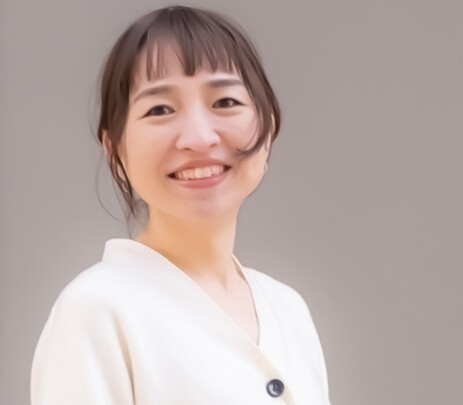
Yukako Yamachika, a founding member of LEAN IN DOCOMO, had this to say about the club's activities.
"We have a wide variety of activities, such as planning events and lectures, but we focus particularly on things we want to do, and fun activities. This is because people will always gather in a place that looks fun. Our numbers increased since we continued doing things that we found exciting."(Yukako Yamachika, below as "Ms. Yamachika")
One thing the club focuses on in particular is "peer mentoring." This is an activity to create close comradery in which participants can have frank discussions and encourage each other. Participating members for small groups and regularly communicate remotely for a period of three months. Taking into account the fact that it might be difficult to talk to someone who is involved in your work, groups are formed with members who do not yet know each other.
"Thus far we have conducted three rounds of peer mentoring; we received positive feedback that members were able to make friends they could consult about their worries, and that through talking they were able to expand their horizons and take a step forward for new challenges. I am very happy to hear such comments." (Ms. Yamachika)
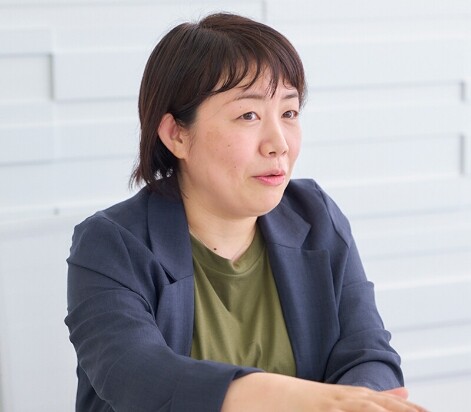
Peer mentoring was what led Natsuko Yamada, from the Kyushu Office, to participate in LEAN IN DOCOMO.
"I previously worked at the head office in Tokyo, but after returning to a regional subsidiary I felt discontented with the heavy considerations made for me as a woman raising children. In addition, I was seconded to a group company where no one had similar feelings of discontentment, so I wanted to find someone who understood my feelings. Through peer mentoring I was able to share my sense of discomfort with those working at the head office, and I remember feeling relieved that I wasn't the only once experiencing such feelings. Peer mentoring is based on the ground rule of confidentiality. What is talked about in peer mentoring is not mentioned elsewhere. Therefore, I was able to express my concerns with peace of mind." (Natsuko Yamada, below as "Ms. Yamada")
In addition to grassroots activities which are spreading as the members provide encouragement to each other, LEAN IN DOCOMO also creates opportunities to have discussions directly with executive-level members, where they convey their frontline opinions directly to management.
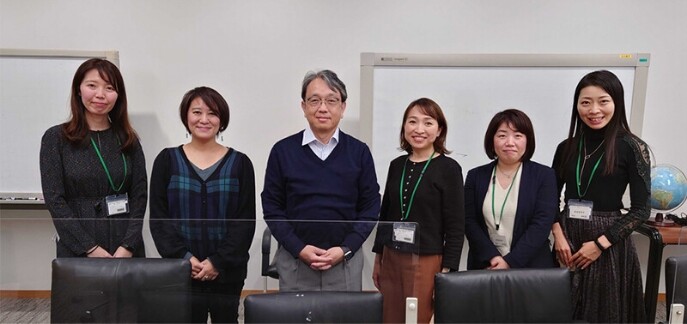 Members of LEAN IN DOCOMO with Takashi Hiroi, Vice President of the holding company (center)
Members of LEAN IN DOCOMO with Takashi Hiroi, Vice President of the holding company (center)
Furthermore, they are also engaged in activities in cooperation with external LEAN IN clubs and NPOs. Once example is "Technovation Girls," a volunteer initiative where skills gained at NTT DOCOMO can be leveraged.
" 'Technovation Girls' is a contest in which junior-high and high school girls and gender minority students develop apps and businesses related to the SDGs, and is hosted by a US NPO in over 100 countries. We supported the students as business mentors as they work on app development.
I participated in this initiative because I wanted to be a help to someone, but it ended up being me who was stimulated and encouraged as I saw the students facing their challenges with tremendous power and motivation." (Ms. Yamada)
A widening world, discovered through friendly connections
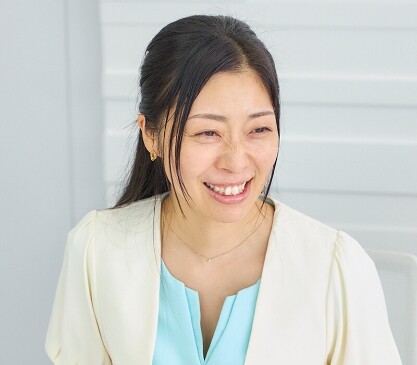
Kae Kanai says LEAN IN DOCOMO has "one more important ground rule."
"The important thing is to accept diverse values rather than denying them. 'Women' are often referred to collectively, but even among women there are varying values and opinions. I would like to maintain this club as a space where differing opinions are also accepted, and where everyone can speak with piece of mind." (Kae Kanai, below as "Ms. Kanai")
There is diversity among women, and the members of LEAN IN DOCOMO are diverse as well. For example, while Ms. Saito said she wanted to take on the responsibility of work-related challenges even after having a child, Ms. Kanai says she prefers to enhance the "life" aspect of her work-life balance.
"I was grateful that I had childrearing to focus on, as I found it difficult to find satisfaction in my work. I joined a child-care leave community while on child-care leave for my second child, and this changed my awareness of my career; while I returned to work with enthusiasm, I was unable to find what I wanted to do at work, and was left with feelings of discontentment." (Ms. Kanai)
Ms. Kanai says that expanding her outlook by connecting with coworkers is what enabled her to break free from such feelings. Today, Ms. Kanai is involved with both her affiliated department and the Diversity Promotion Office.
"After returning to work, I joined the WG for one year with the hopes that my experience could be helpful to someone. The WG showed me something that I felt I wanted to work on. It was Ms. Saito who said I should try doing something to relieve a little of the discontentment held by women employees, even if it meant taking on a double-hat role. I had concerned that work might take over more of my life and was worried whether my supervisor would understand, but on the other hand I was excited to try taking on a new challenge. She pushed me to go after that feeling and encouraged me to take a step forward. That is what 'LEAN IN' means to me. Therefore, I hope I can help others take their own step forward." (Ms. Kanai)
"It is difficult for women to take on challenging opportunities due to the excessive considerations that are made for them, and they tend to have lower confidence due to their lack of experience. However, we don't have to limit our potential just because we haven't done something before or because we aren't confident. We have unlimited potential!" (Ms. Saito)
At present, there are 341 members of the LEAN IN DOCOMO Slack (as of end-May 2023). At first there were only female members, but the male membership has now exceeded 70.
"The topic of gender is not necessarily one in which women and men are at odds. Men and women both tend to suffer from heavy responsibilities at work and at home, respectively. Both women and men are parties to the social issue known as gender inequality, so we are friends who should work together to resolve it." (Ms. Saito)
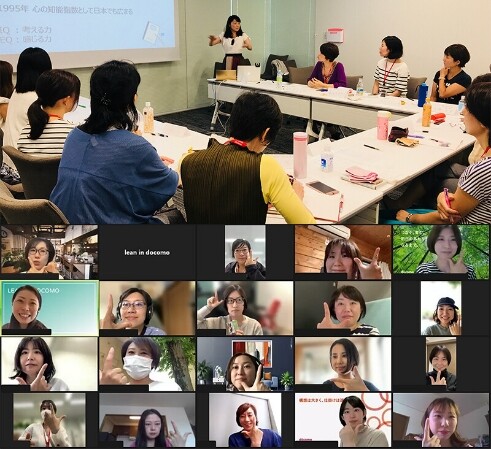 LEAN IN DOCOMO holds events regularly. Many members participate, even remotely.
LEAN IN DOCOMO holds events regularly. Many members participate, even remotely.
Toward a company and society where everyone can work in a way that suits them
The four LEAN IN DOCOMO members we introduced expressed their hopes to gradually make the world a better place by enabling each individual to take their own steps forward. What is their take on Self as We, the concept hailed by the NTT Group for the realization of a better sustainable society?
"I think the activities of our club are the embodiment of Self as We. For example, the four women here all have the experience of being severely discontented with their career, and of breaking away from this discontent to retake their own power. We have always engaged in activities based on the idea that 'our experiences are everyone's experiences,' so that these experiences do not go to waste. Furthermore, when we took our own steps forward, the company itself became our ally. This gave us the opportunity to grow confident that we could be of use to the company. We would like to make NTT DOCOMO a place where everyone can work in a way that suits them. The services created from that can bring happiness to the world. I believe that our activities can contribute to this." (Ms. Yamachika)
Sustainability
NTT STORY
WEB media that thinks about the future with NTT



